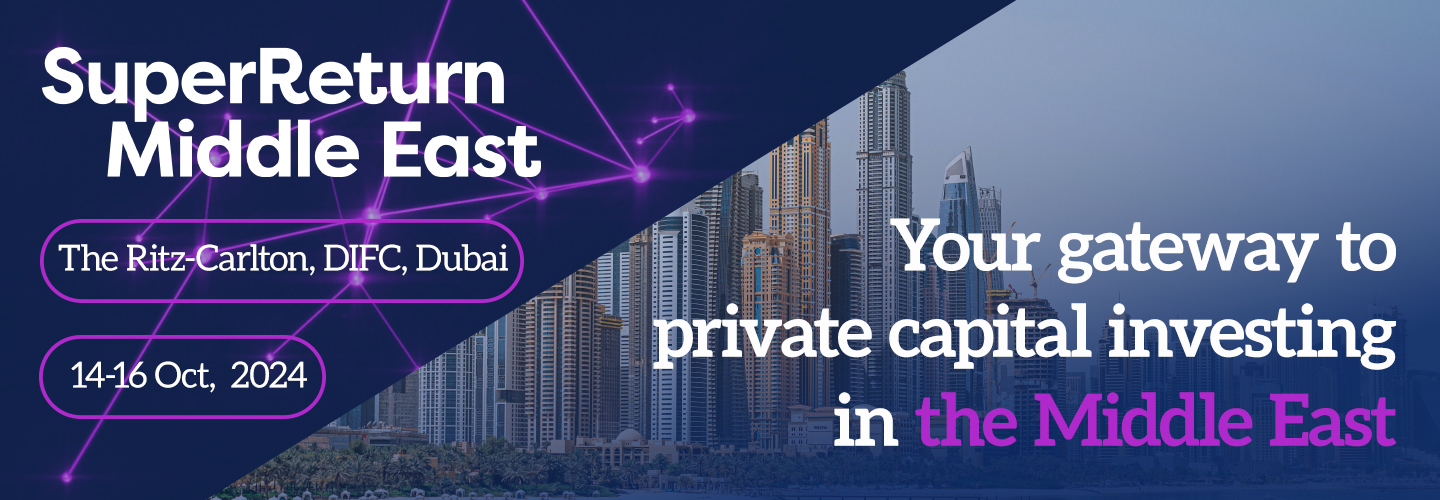Economic powerhouses of the Middle East: Where are private market investments in the region going?

When SuperReturn Middle East opens its doors in October, it will be welcoming a truly international crowd of senior private market leaders from 40+ countries worldwide. cross three days, we'll be putting the entire region under the spotlight. What are the biggest trends for private market investments? How do you find the right talent in the region? What are the biggest challenges private markets are currently facing in the Middle East? Ahead of the event we spoke to Somi Arian, Founder & CEO, InPeak, about what nations are emerging as the big powerhouses, how the venture capital ecosystem is developing in MENA and how to overcome the talent gap.
Which nation is taking its spot as the primary economic powerhouse in the Middle East, and why?
Saudi Arabia is emerging as the primary economic powerhouse in the Middle East. The Kingdom's Vision 2030 initiative is a driving force behind its transformation, focusing on diversifying the economy away from oil dependency. Investments in infrastructure, technology, and tourism, alongside substantial government-backed initiatives to foster innovation, are positioning Saudi Arabia as a leader in the region. The country’s focus on creating a business-friendly environment and fostering public-private partnerships is accelerating its growth and influence.
You’re involved with both the VC and startup ecosystem - what is the current state of venture capital in MENA?
The venture capital landscape in MENA is maturing rapidly. We’ve seen significant growth in deal flow and funding, especially in sectors like fintech, e-commerce, and logistics. However, there's a shift happening now with an increased focus on deep tech, AI, and climate tech. While challenges remain, such as the need for more exits and liquidity events, the market is becoming more sophisticated. Governments are also playing a crucial role in nurturing the startup ecosystem, offering incentives and creating favorable regulatory frameworks to attract both local and international investors.
What are some of the biggest tech trends to look out for in the region?
AI is at the forefront of technological trends in the MENA region. We’re also seeing a strong push in fintech, with digital banking and payment solutions gaining traction. Additionally, climate tech and renewable energy are becoming critical areas of focus, aligning with global sustainability goals. The integration of smart city technologies and the advancement of e-commerce platforms are also shaping the future of the region’s tech landscape. These trends indicate a shift towards more sustainable and innovative business models.
There’s been a lot of investment in both AI and climate tech, however some say the region's biggest challenge is lack of talent. Do you think this is true and how can this and other challenges be overcome?
The talent gap is indeed a challenge, but it's not insurmountable. The region is addressing this by investing heavily in education and training programs, often in partnership with global tech giants. There's also a growing emphasis on attracting international talent while developing local expertise. Initiatives like the Saudi Vision 2030 and the UAE's focus on becoming a global tech hub are examples of how the region is working to bridge this gap. Collaboration between the private sector and government, along with increased investment in upskilling the workforce, are key strategies to overcome this challenge.
Looking ahead, what do you think the future of tech looks like in the Middle East? What transformational power does it hold?
The future of tech in the Middle East is incredibly promising. The region is poised to be a global leader in areas like AI, renewable energy, and smart cities. Technology will play a crucial role in transforming industries, creating new opportunities, and driving economic diversification. With continued investment and innovation, the Middle East could set a global standard for how technology can be used to solve complex challenges, from sustainability to digital transformation. The next decade will likely see the region not just adopting cutting-edge technologies but also contributing to their global evolution.
